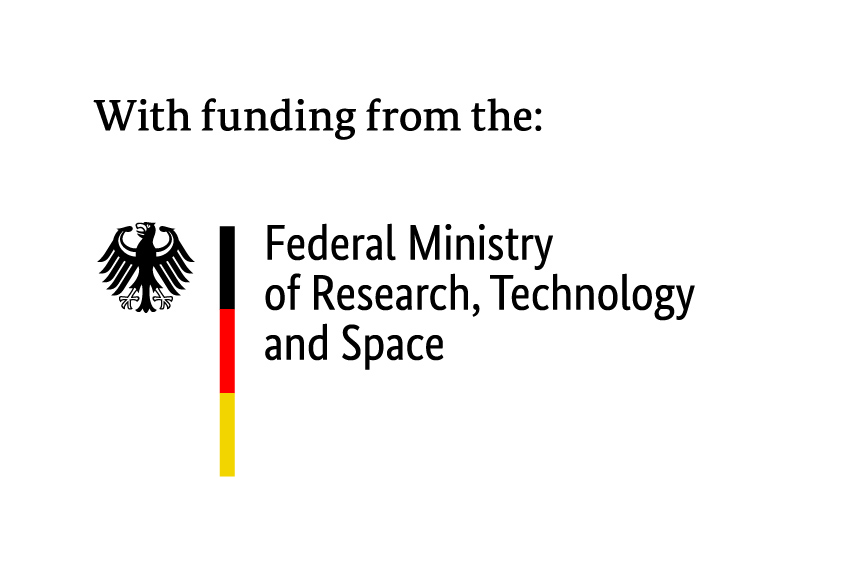Changes for page CCAT Observatory Cologne Data Center
Last modified by Michael Commer on 2025/03/26 12:23
From version 1.5
edited by Michael Commer
on 2025/01/21 20:43
on 2025/01/21 20:43
Change comment:
There is no comment for this version
To version 1.6
edited by Michael Commer
on 2025/01/22 13:32
on 2025/01/22 13:32
Change comment:
There is no comment for this version
Summary
-
Page properties (1 modified, 0 added, 0 removed)
Details
- Page properties
-
- Content
-
... ... @@ -1,4 +1,4 @@ 1 -The IT Center University of Cologne (ITCC, formerly RRZK) hosts the CCAT Observatory Cologne Data Center. This is an astrophysical -datacenterin charge of the data management at CCAT Observatory (www.ccatobservatory.org). CCAT Observatory operates the Fred Young Submillimeter Telescope, a 6-meter diameter sub-millimeter to millimeter wavelength telescope (installation in 2025 on Cerro Chajnantor, 5,600 m, Atacama Desert, Chile). The wavelength range borders the infrared range of the light spectrum. Measurement capabilities will give insights to important astrophysical aspects, including Big-Bang cosmology, the Reionization-era, formation of early galaxies, star formation within our own Milky-Way galaxy, as well as dark-matter properties.1 +The IT Center University of Cologne (ITCC, formerly RRZK) hosts the CCAT Observatory Cologne Data Center. This is a center for astrophysical data in charge of the data management at CCAT Observatory (www.ccatobservatory.org). CCAT Observatory operates the Fred Young Submillimeter Telescope, a 6-meter diameter sub-millimeter to millimeter wavelength telescope (installation in 2025 on Cerro Chajnantor, 5,600 m, Atacama Desert, Chile). The wavelength range borders the infrared range of the light spectrum. Measurement capabilities will give insights to important astrophysical aspects, including Big-Bang cosmology, the Reionization-era, formation of early galaxies, star formation within our own Milky-Way galaxy, as well as dark-matter properties. 2 2 3 3 An active participant of CCAT is the University of Cologne's astrophysics department (Institute of Physics I) as it brings in years of experience in instrument development and telescope operation. Here, the CCAT Heterodyne Array Instrument (CHAI) has been developed, which is one of the two instruments run on FYST. CHAI, and the second first-light-observing instrument Prime-Cam (www.ccatobservatory.org/prime-cam/), will generate a total of approximately 10 PB of raw sky-mapping data in the first five years of regular operation. 4 4



